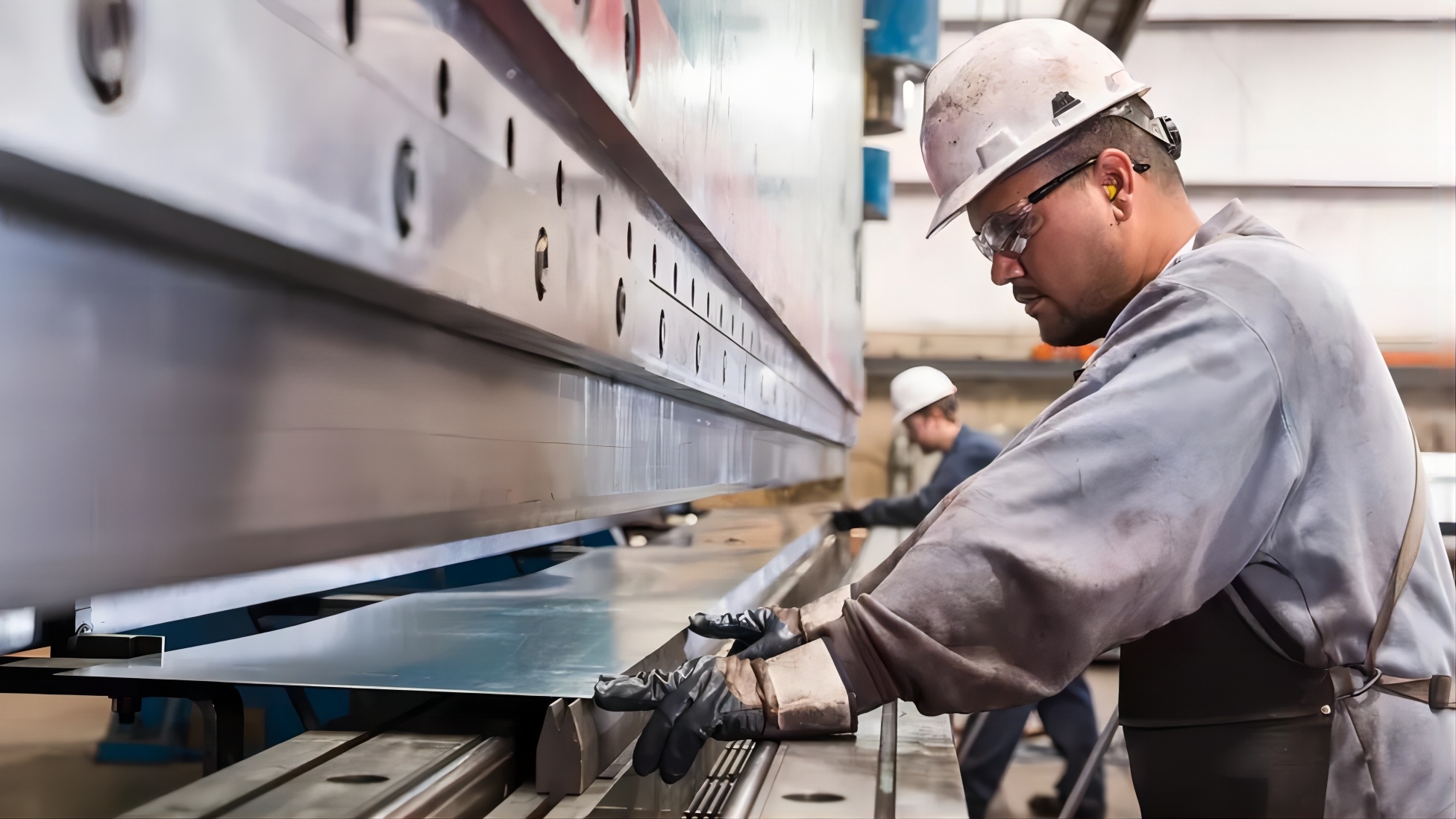
Job creation in the US remained robust last month, despite turmoil in the banking sector and the impact of higher borrowing costs.
Employers added 253,000 jobs, which was better than many analysts had expected.
The unemployment rate fell to 3.4%, returning to a multi-decade low.
The gains were a reminder of the resilience of the US labour market, which has held up in the face of aggressive efforts by the US central bank to cool the economy.
The Federal Reserve has raised its benchmark interest rate from near zero to between 5% and 5.25% in little over a year, an abrupt shift aimed at curbing prices that were soaring last year at the fastest pace in decades.
These increases have sharply increased the cost of buying a home or car, as well as making it more expensive to borrow to expand a business or take on other debt. In theory, that should reduce demand, leading the economy to slow and easing the pressures pushing up prices.
But while job gains have moderated since last year, they continue to outpace the numbers that economists estimate are needed to keep up with population growth.
In its Friday report, the Labor Department said hiring had been weaker than previously estimated in February and March.
But last month, job creation picked up again, while wages were up 4.4% from a year ago.
“Today’s report clearly suggests weakening labour markets – most obviously in the downward revisions of prior months data – but from a very strong starting point,” said Ronald Temple, chief market strategist at Lazard.
Many economists expect the US economy to fall into recession later this year, noting big slowdowns in key sectors such as housing.
Recent weeks have seen a flurry of job cut announcements by big companies such as Facebook-owner Meta, Amazon, entertainment giant Disney, banks and other firms.
The rate rises also contributed to turmoil in the banking sector, which has been rocked by the most serious string of failures since the 2008 financial crisis.
But the head of the US central bank, Jerome Powell, said this week that the continuing strength of the labour market made him hopeful that this time would be “different” – and the US could avoid a downturn that would throw millions of people out of work.
“That would be against history,” he acknowledged. “I fully appreciate that.”

Software engineer Brian Zovko was laid off from his job in the car industry in February.
He said he was surprised because his company had been posting strong profits. But more recently bosses had raised the prospect of cost cuts, noting that they were concerned about the impact of higher borrowing costs and a slowdown in the economy.
The 27-year-old, who lives in Texas, says he has been relying on savings and trying to spend cautiously. He said he sensed that the market has cooled over the past few months – but he remained hopeful he would find a new job shortly.
“I’m mildly optimistic that I should be able to get back on track,” he said. However, he added, “it seems like there’s a decent risk the economy gets worse”.